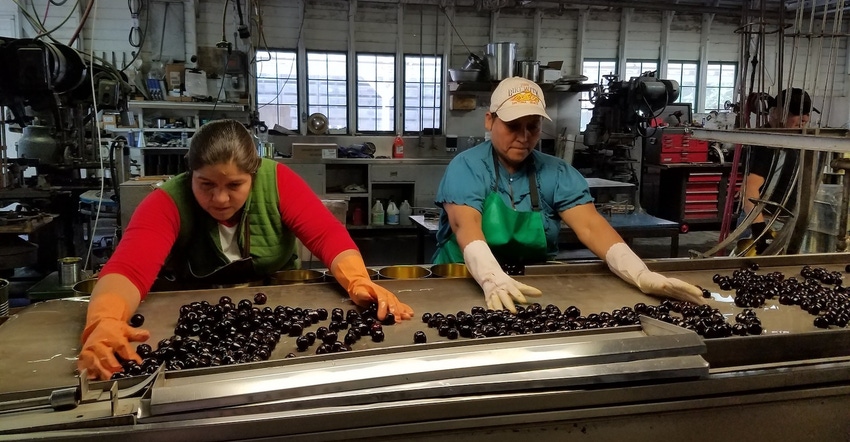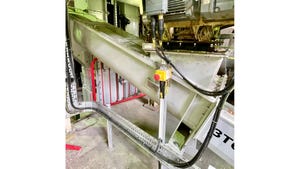Registrar Corp. compiled a list of the top five violations cited by the US Food and Drug Administration during FY2020 inspections.
February 10, 2021

The US Food and Drug Administration (FDA) released its annual Inspection Observation Data for the Fiscal Year (FY) 2020. This data depicts how frequently particular violations were found during FDA food facility inspections between October 2019 and September 2020. The following are the top five violations cited by FDA inspectors in FY 2020.
FSVP Development
Under the Food Safety Modernization Act (FSMA), FDA requires most food importers to develop and maintain Foreign Supplier Verification Programs (FSVPs) for their suppliers. The requirement helps ensure that suppliers remain FDA compliant and are producing goods in a safe manner.
During FSVP inspections, FDA expects importers to present complete FSVPs that adequately assure suppliers’ food safety. In FY 2020, FDA cited 514 facilities for failing to develop an FSVP. While most food facility inspections were halted for the majority of 2020 due to the COVID-19 pandemic, FDA continued to conduct FSVP inspections remotely, and FSVP citations increased by 51% from 2019. This is the third year in a row that failure to develop an FSVP was the top cited inspection violation.
Hazard Analysis
In 2020, FDA cited 104 cases where facilities failed to provide an adequate hazard analysis. FDA requires most food facilities to identify potential biological, chemical, or physical hazards that may occur at their facility as well as establish preventive controls for those hazards. This is another way FDA ensures that facilities are maintaining food safety protocols.
These hazards can vary. For example, a facility can identify that it is possible for pathogens to survive processing intended to eliminate them. Alternatively, the facility can identify areas where inadequate cleaning of equipment can lead to allergen cross-contact.
Pest Control
During facility inspections, FDA searches for signs of potential pest infestations. FDA cited 98 facilities for failure to prevent pests within their food facility or for misusing pesticides in a way that could cause potential food contamination.
Manufacturing Controls
Manufacturing, processing, packing, and holding controls account for 95 of 2020’s food facility citations. This citation indicates that a facility did not conduct operations under conditions that would minimize the chances for potential microorganism growth, allergen cross contamination, or contamination and deterioration of food. FDA requires facilities to provide controlled environments when handling food products to avoid potential health risks to consumers.
Personnel
The fifth most cited violation during food inspections in FY 2020 were personnel issues. These can include failing to address hygiene issues or other good manufacturing practices in relation to employees handling food products. FDA issued 87 citations for this violation.
Sanitation Citations
While no sanitation citations made it into the top five on their own, sanitation citations make up a significant portion of the FY 2020 violations when combined. For example:
FDA cited seafood processing facilities 81 times for failure to properly monitor their sanitation practices. These could include, but are not limited to, not properly monitoring “safety of water that comes into contact with food, condition and cleanliness of food contact surfaces”, or “maintenance of hand washing, hand sanitizing, and toilet facilities.”
FDA cited 80 facilities for plant maintenance and sanitation issues. These are the result of failing to maintain a clean and sanitary food facility which can also pose environmental threats to food products. FDA cited facilities for failing to sanitize their equipment 58 times.
FDA cited facilities 45 times for sanitation of food contact services. This usually means that utensils and other surfaces used in food preparation were not properly cleaned to prevent product contamination.
Preparing for FY 2021
While FSVP violations saw a significant increase, the other top citations were issued fewer times in FY 2020 than in FY 2019. This is likely due to the temporary postponement of most food facility inspections in 2020 as a result of COVID 19.
About the Author(s)
You May Also Like




